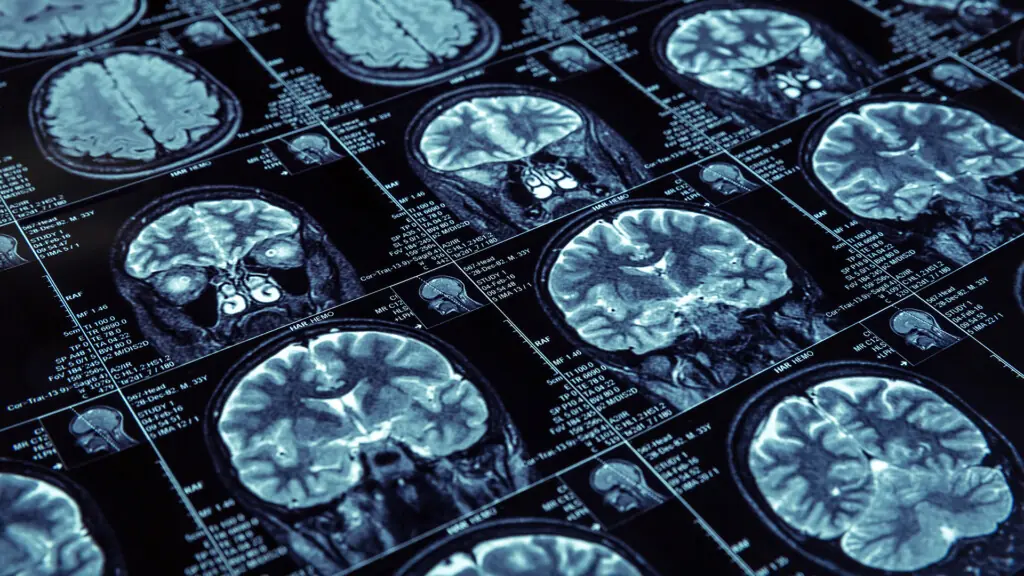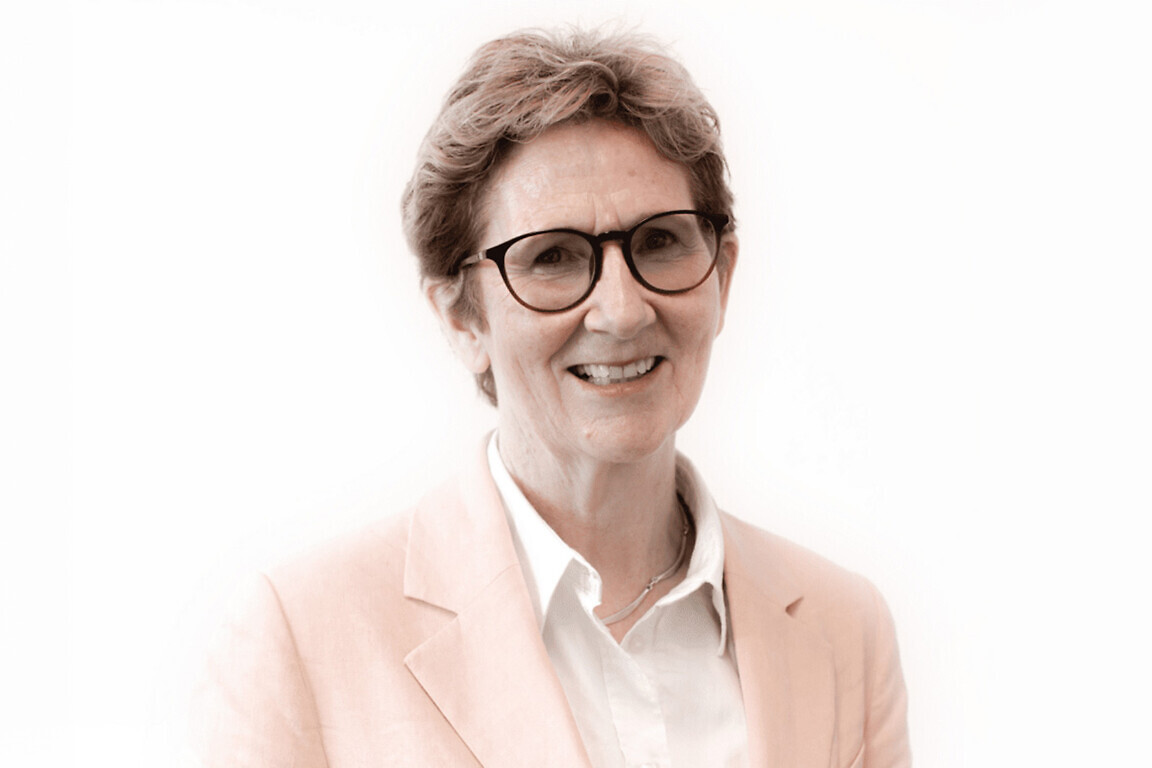The co-founder of Re:Cognition Health explains why the gradual loss of short-term memory in later life is not a normal part of ageing and why we are close to a turning point in treating Alzheimer’s.
Emer MacSweeney co-founded Re:Cognition Health in 2011 to provide a specialist service for accurate diagnosis and access to the latest treatments for progressive neurodegenerative and neuro-developmental conditions and traumatic brain injury.
Here she talks to Healthcare Today about why the new generation of drugs for Alzheimer’s is important, why treating people earlier is key and why it might even be not that far away from treating the disease in the same way that diabetes is.
What do you think the public most misunderstands about new treatments for Alzheimer’s?
With the public, the issue starts even before treatment. The first problem is that people often don’t recognise the early signs of developing cognitive problems, particularly the gradual loss of short-term memory. People don’t always appreciate that these memory lapses could mark the beginning of a neurodegenerative disease process, rather than just “getting old”.
The second, related problem is a lack of understanding about treatment timing. With the new amyloid-targeting therapies, the earlier they are accessed, the more effective they are at clearing the amyloid protein and slowing the progression of the disease and its symptoms. Many members of the public – and indeed a significant proportion of the medical and healthcare professions – do not fully grasp that a diagnosis needs to be made long before dementia is obvious, and the only way to make that early diagnosis is through the use of accurate biomarkers.
If a patient comes to me saying they have memory problems, I cannot tell simply by carrying out a standard cognitive assessment whether they have toxic levels of amyloid protein in their brain, or whether tau proteins are beginning to form. The only way to know at that early stage is to carry out a biomarker test. Recognising that memory problems in later life are not a normal part of ageing, understanding that an accurate early diagnosis cannot be made through basic cognitive testing alone, and appreciating that amyloid-targeting therapies are most effective when given as early as possible – these are the foundations of the new approach to treatment.

What about policymakers?
For politicians, the argument is quite different. In the UK, as in every healthcare system, the Medicines and Healthcare products Regulatory Agency (MHRA) is the body that decides whether a medication should be approved. Their decision is based entirely on the data from clinical trials – a straightforward assessment of whether the benefits of a treatment outweigh its risks.
Politicians, or more precisely, the National Institute for Health and Care Excellence (NICE) in the UK, have a different remit. Their role is to decide whether a treatment is cost-effective in the context of the entire NHS budget. They have to weigh it against every other demand on resources.
“From a purely socio-economic standpoint, Alzheimer’s is a very challenging condition.”
Could you explain the key differences between the new generation of Alzheimer’s drugs – like lecanemab and donanemab – and previous treatments?
The new generation of Alzheimer’s drugs is disease-modifying treatments, meaning they address the underlying disease process. In contrast, the existing drugs – anticholinesterase inhibitors such as donepezil, rivastigmine and galantamine, along with memantine – are symptomatic treatments. These only manage symptoms without altering the course of the disease. The difference is similar to cancer treatment: the new drugs are like chemotherapy, tackling the disease itself, while the older medications are like painkillers – helping a patient feel more comfortable but doing nothing to halt the cancer’s progression.
How do you recruit and retain participants for these trials, particularly those in the early stages of the disease?
When people enter clinical trials, the process begins with a conversation rather than an immediate medical procedure. At Recognition Health, advanced AI technology enables highly sophisticated cognitive assessments. These tests don’t just measure the answers given, but also how quickly and in what manner they are delivered. For example, a simple clock-drawing task is analysed for around ninety different factors, such as the way it is drawn, not just the final image.
The first step in any trial is informed consent, after which participants undergo screening. After the cognitive stage, participants undergo a thorough medical work-up, testing thyroid function, vitamin B12 and folate levels, haemoglobin and other markers, to rule out other causes such as hypothyroidism, nutritional deficiencies or depression.
The final decision about whether someone enters the trial depends on confirmation of amyloid and tau biomarkers.
“The gap between what science and research can now achieve and what standard clinical practice offers is widening.”
Surely, if we’re in the middle of a pandemic, shouldn’t we be putting more effort into precisely the drugs that treat the underlying problem?
Globally, there is huge research and development in this space – just as there is for cancer treatments and other major diseases – because the world is wide awake to the need for Alzheimer’s drugs. The World Health Organization labelled Alzheimer’s Disease a pandemic in 2018, which means that in our lifetimes we’ve really only had two pandemics: Covid-19 and this.
One of the problems we face now is that people are living longer because they’re not dying as early from heart disease, stroke, or, to some extent, cancer. Alzheimer’s is different – it’s a progressive neurodegenerative disease that brings years of decline, with people no longer contributing economically as taxpayers but still requiring intensive support. From a purely socio-economic standpoint, it’s a very challenging condition.
That’s really the crux of it: Alzheimer’s is a pandemic. We saw what happened during Covid when all resources were redirected – people with heart disease had to wait for access to treatment, and hip replacements were delayed for years. It’s a dynamic problem, not just a question of whether a new therapy “works” in principle. The challenge lies in how to scale up and deliver it safely without destabilising the rest of the health system.

How close are we to a world where Alzheimer’s is managed like diabetes?
It’s not unreasonable to be cautiously optimistic that we are moving to a turning point where prevention of Alzheimer’s will be possible. Right now, we’re running clinical trials involving people who are completely cognitively normal, generally aged between about 55 and 85.
The purpose of these trials is simple but powerful. We check that participants are cognitively normal, then measure their biomarkers. If we find high levels of amyloid protein – sometimes alongside other biomarkers, like inflammatory markers – we follow up with PET scans to confirm amyloid accumulation. That tells us these individuals may be only two or three years away from developing very mild symptoms. In other words, we’re identifying people years before they or their GP might notice the first cognitive changes.
These participants are then given medications – anti-amyloid drugs, anti-tau treatments – to reduce amyloid levels and, ideally, delay the onset of symptoms for years. The aim could be to push those symptoms into a person’s 90s – perhaps so far ahead that something else ends their life first. In that sense, it’s very much like managing diabetes based on HbA1c levels. Alzheimer’s is actually an excellent disease to treat from this perspective: just as with diabetes or prostate cancer, we can detect biomarkers decades before symptoms, and in the last five years or so before onset, we have a clear window for intervention.
The gap between what science and research can now achieve and what standard clinical practice offers is widening. Our mission at our clinics in the UK and US is to close that gap – giving people the best possible access to early, accurate diagnosis using biomarkers, whether through clinical trials or treatments already on the market. That is why I get up in the morning.



